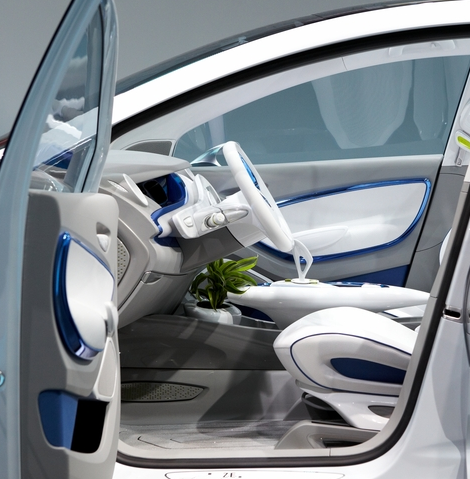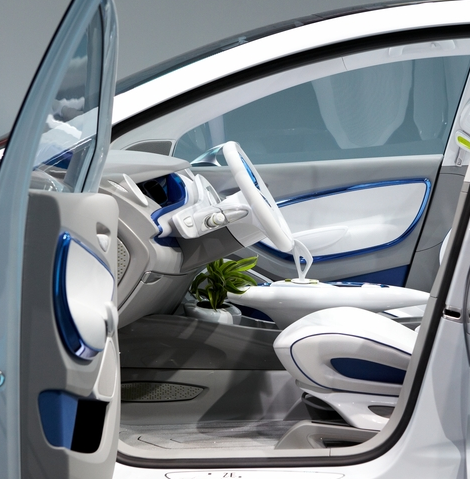
One of the most enjoyable aspects of my role in my organization involves constantly surveying the global digital health ecosystem. Recently, I attended Dr. Leslie Saxon’s 6th annual USC Body Computing Conference (BCC).

One of the most enjoyable aspects of my role in my organization involves constantly surveying the global digital health ecosystem. Recently, I attended Dr. Leslie Saxon’s 6th annual USC Body Computing Conference (BCC).
While the conference offered a comprehensive overview of what’s trending in digital health (BCC never fails in this regard!), I was fascinated to see the evolution of biometric and other types of sensor-based monitoring in motor vehicles. While BMW Group (a new partner at the Center for Body Computing), was represented at the conference, Ford Motor Company is also aggressively pursuing ways to improve the driving experience and health of drivers and occupants alike. Here’s a brief rundown on the efforts of both automakers:
- BMW Group seeks to enhance the driving experience by measuring a driver’s heart rate, which could provide feedback to the driver to calm things a bit (even adjusting music), or comparing the driver’s heart rate to, say, a professional race car driver’s.
- Ford is collaborating with Medtronic and WellDoc to develop its In-Car Health and Wellness Solutions program. The collaborators are developing applications and services that monitor the driver’s chronic illnesses and medical disorders while they are behind the wheel. Systems that monitor blood glucose, manage diabetes, or report on environmental pollutants and allergens could provide data and warnings to drivers, and could even safely disable the vehicle in the event of a heart attack, for example.
The approaches on display by both automakers are quite different. While BMW—the company with the advertising tagline “The Ultimate Driving Machine”—is looking for ways to appeal to the “driving enthusiast” in its customers, Ford is leaning more toward the car as an extension of a holistic approach to wellness. As consumers, it’s natural for us to gravitate to things we perceive as fun rather than things that connote a doctor’s visit or surveillance. However, since monitoring and intervention need not be obtrusive, differentiation in this segment of digital health will most likely boil down to marketing, something which automakers do quite well. It will be interesting to see how these solutions are commercialized and presented to the public, as well as to see whether they can drive the success of certain brands or particular models.
Is the entertainment quotient of digital health as integrated into the driving experience more consumer friendly than medical and safety applications? Do you think the automobile could—or should—be part of a healthcare monitoring and/or delivery system? What might these developments mean for the life sciences industry or medical device developers?
photo:car/shutterstock








